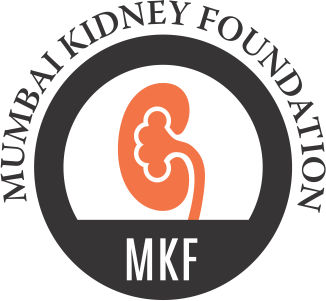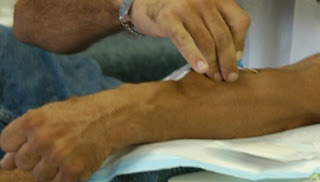Do's and Dont's for Dialysis Patients
As Dialysis Patients, we are equally responsible for our health as our doctors and team at the dialysis centres. It is important that we take adequate care of our own health by following some simple guidelines in our day to day life.
Broadly speaking, these guidelines can be divided into three aspects:
1. Adhering to the prescribed diet and fluid restrictions
This is one of the most important things under our control. It is important to restrict fluid intake and ensure that we do not gain too much fluid weight between two dialysis sessions. The average- sized human body is capable of losing only about 500 ml per hour without any side-effects during dialysis. Any fluid removal at a higher rate can result in many undesired complications such as cramps and low blood pressure. It is therefore upon us to not drink fluid to the extent that we need to remove more than about 2 litres in one dialysis session.
Salt restriction is a good way of reducing fluid intake. Consuming excess salt increases thirst that causes increased fluid consumption.
It is also important to restrict other food items that have been advised to us by the dietician our nephrologist especially foods that are rich in Potassium and Phosphorus.
2. Adhering to the prescribed dialysis frequency and medications
Nephrologists know what is best for us. When a doctor says we need dialysis thrice a week, it is important that we follow his or her advice and undergo dialysis thrice a week. In the developed world, no patient who is diagnosed with ESRD undergoes less than 3 sessions per week. We must resist getting carried away by the words of our neighbours and colleagues who are not medically qualified but keep advising us to do only 1 or 2 sessions per week. This can lead to very dangerous consequences for the heart and lungs.
It is also important to take the prescribed medication like Erythropoietin and Iron injections as well as phosphate binders and other medication prescribed by our nephrologist as these play a crucial role in controlling several side-effects of kidney disease.
3. Meeting the nephrologist once a month in the OPD
The human body undergoes a lot of changes from time to time. These changes are measurable by undergoing blood tests and others investigations as prescribed by the doctor. We must get these tests done and take the results and meet the nephrologist in the OPD as this enables a proper, detailed review of our current condition. Even though we meet him or her during the dialysis session, it is not possible to undergo a thorough evaluation during that visit. Such a review is possible only in the OPD. So, it is important for us to meet our nephrologist at least once a month and get his advice on various issues we may be having.
The role of the patient is very important in the overall care plan. Without the patient’s co-operation, proper treatment can never be given. Therefore, we must all realise this and make sure to be a part of the treatment plan that our doctor has decided for us. We must do our bit to feel better. After all, who has the most to lose if we don’t? Only us!







